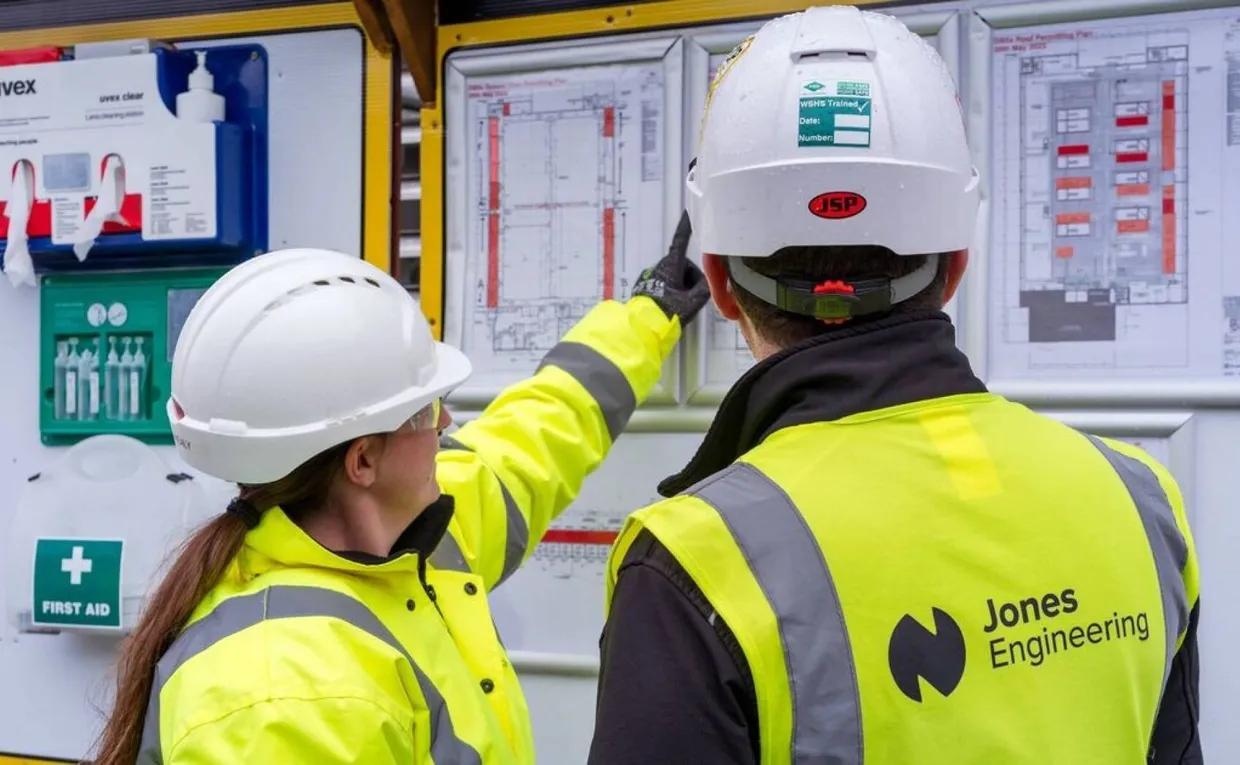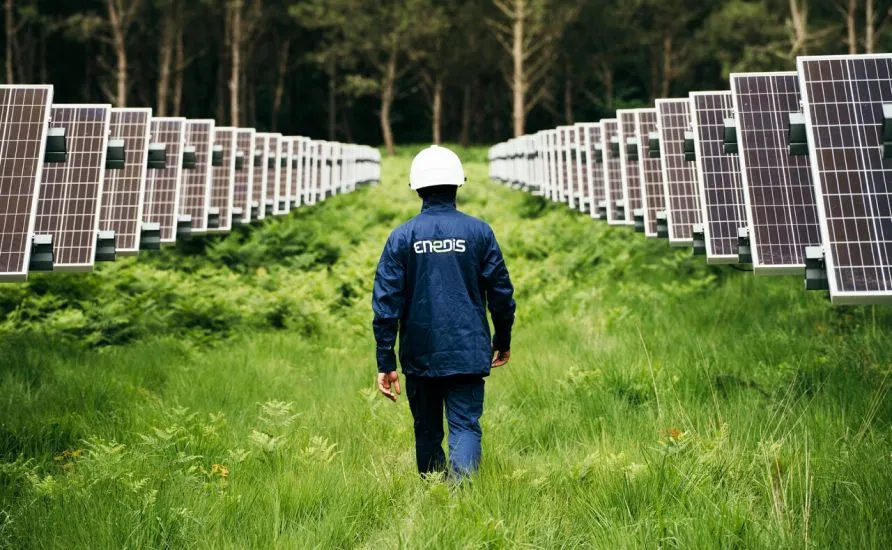How Qwetch accelerated its carbon footprint calculation with Sweep

SUMMARY:
- Qwetch needed to calculate its carbon footprint across an extensive and complex value chain
- Data reliability is a major challenge for Qwetch, due to the complexity of the retail customer journey
- Qwetch had previously hired a consultancy to produce a carbon footprint report but found that this took too long, and produced results which were not actionable
- The company risked misalignment with its B Corp status, and with commitments to Circularity, Climate, and Solidarity which are inscribed in its legal statutes
- Sweep empowered the Qwetch sustainability team to become autonomous in carrying out its own data collection and analysis.
- Using Sweep’s software has drastically reduced the time it takes Qwetch to collect and analyze data
- Qwetch can now calculate its annual carbon report in just one week compared to the six months it took when the task was outsourced to a consultancy firm
- Sweep’s data-driven carbon management gives Qwetch an overview of its emissions trajectory and enables Qwetch to make data-based business decision
Background
Qwetch is a French ‘purpose-driven’ company (“société à mission”), which specializes in manufacturing and retailing on-the-go containers to infuse, drink and eat, which are both healthy and eco-friendly .
The company aims to promote a new mode of behavior that encourages reuse over single use, and to involve its employees, suppliers, customers and partners in this movement.
The company was founded in 2010, it is now a certified B Corp with 30 employees.
Qwetch’s mission is based on 5 pillars of environmental and social commitment enshrined in its legal statutes: Manufacturing, Circularity, Climate, Solidarity and Movement.
Challenge
Qwetch has an extensive value chain, with many stakeholders involved in the manufacturing and logistics process for creating and retailing its products. The company’s Sustainability team identified a need to bring all of these stakeholders together to work on the overall carbon impact.
One challenge the company has set itself, was to determine the carbon footprint of its retail customers. The Sustainability team identified many factors to be taken into account, including the distance a customer had traveled, what else they were buying, and the kind of transport they used to reach the store. These complex data sets required careful statistical analysis in order to produce meaningful and actionable results.
For its first carbon audit, Qwetch outsourced the work to a consultancy firm. However, the process was long: Qwetch had set a target of calculating its carbon footprint every six months, but it took six months for the first report to be produced.
Moreover, it found the report itself unsatisfactory. Qwetch’s Head of Impact Benjamin Maito describes receiving a PowerPoint presentation with various figures and carbon emission figures that were “impossible to make sense of”. The company decided that it was imperative as a small business to fully understand its carbon footprint, in order to ascertain in concrete terms how to make improvements.
Having determined that it was unfeasible to produce an actionable carbon footprint via a consultancy on the six-monthly basis it wanted, Qwetch resolved to take a hands-on approach -and calculate its own carbon footprint.
Solution
Benjamin Maito describes Sweep’s sustainability data management platform as “a hybrid solution” which allowed Qwetch’s teams to be trained to become autonomous in carrying out their own data collection and analysis.
Benjamin says “this is a big deal, because we are going to save a huge amount of time on data collection, plus we get an overview of our emissions trajectory”.
“Now, thanks to Sweep, we have been able to retrace our data history back to 2020, when we first measured our carbon footprint. We can look at what we have improved, and see which calculations have changed.”
“It is much easier now for us to go back to the management team and explain what Qwetch’s priorities are in terms of carbon reduction”.
Two members of the Qwetch ESG team now interact directly with the Sweep platform. Meanwhile, other internal teams and suppliers have been able to input their respective data autonomously.
Benjamin Maito says “this has saved us an impressive amount of time. We’ve gone from having to calculate our annual carbon footprint in six months to being able to calculate it in a week”.
The Qwetch ESG team highlight’s Sweep’s “very impressive” catalog of more than fifty thousand emissions factors. “This means we can be extremely precise when entering data, which is not possible with any other software”.
“This software also allows us to choose our emission factor, according to Ademe [the French Agency for Ecological Transition], or Ecoinvent, or other very reputable sources.”
“At Qwetch, Sweep gives us an overall view of our value chain, and it is a very precise view”.
“The software allows us to look very quickly and with fluidity at everything in our value chain, go into the detail straight away and to know our precise environmental impact”.
If you’d like to join Qwetch in saving time on calculating a precise, actionable carbon footprint, book a demo



